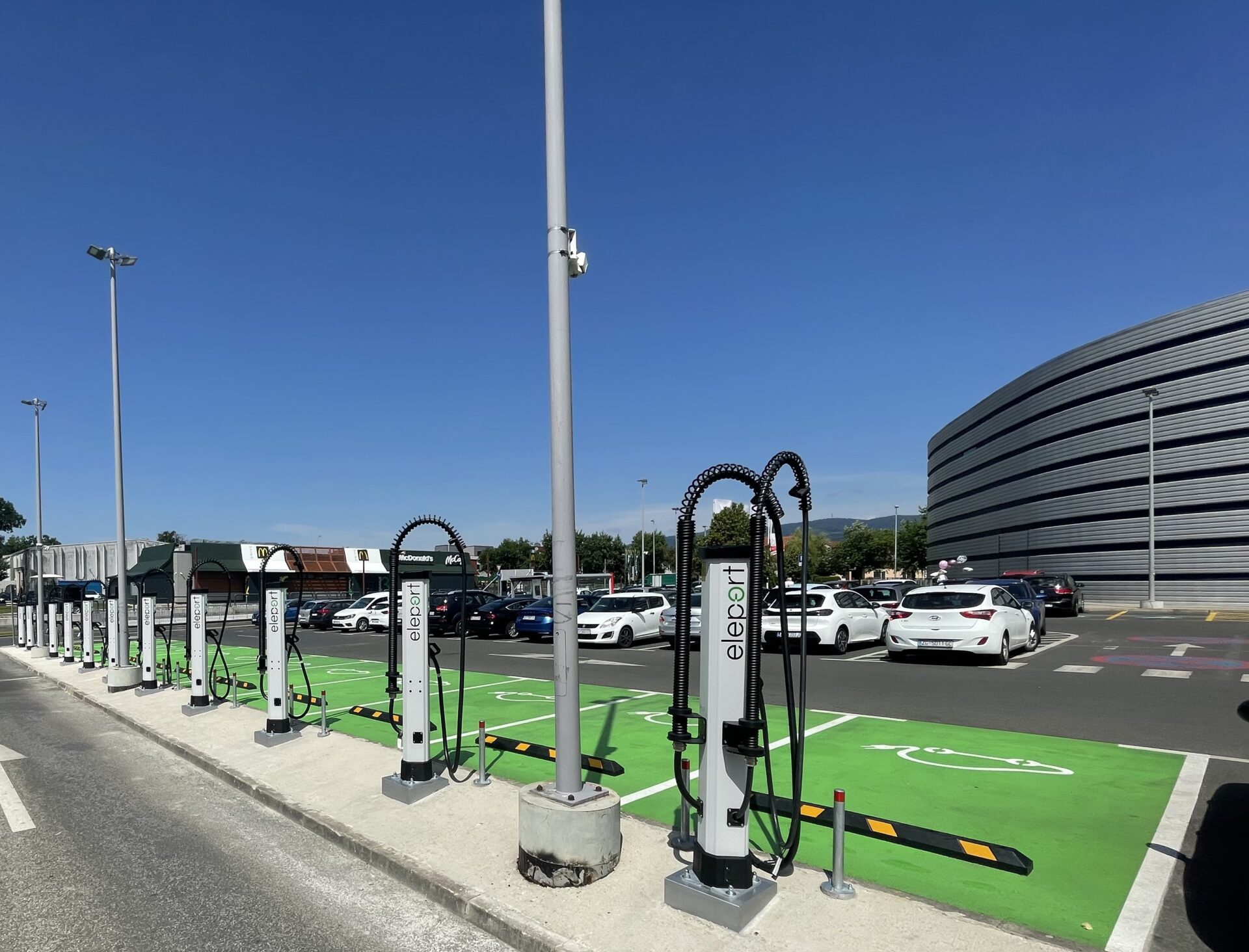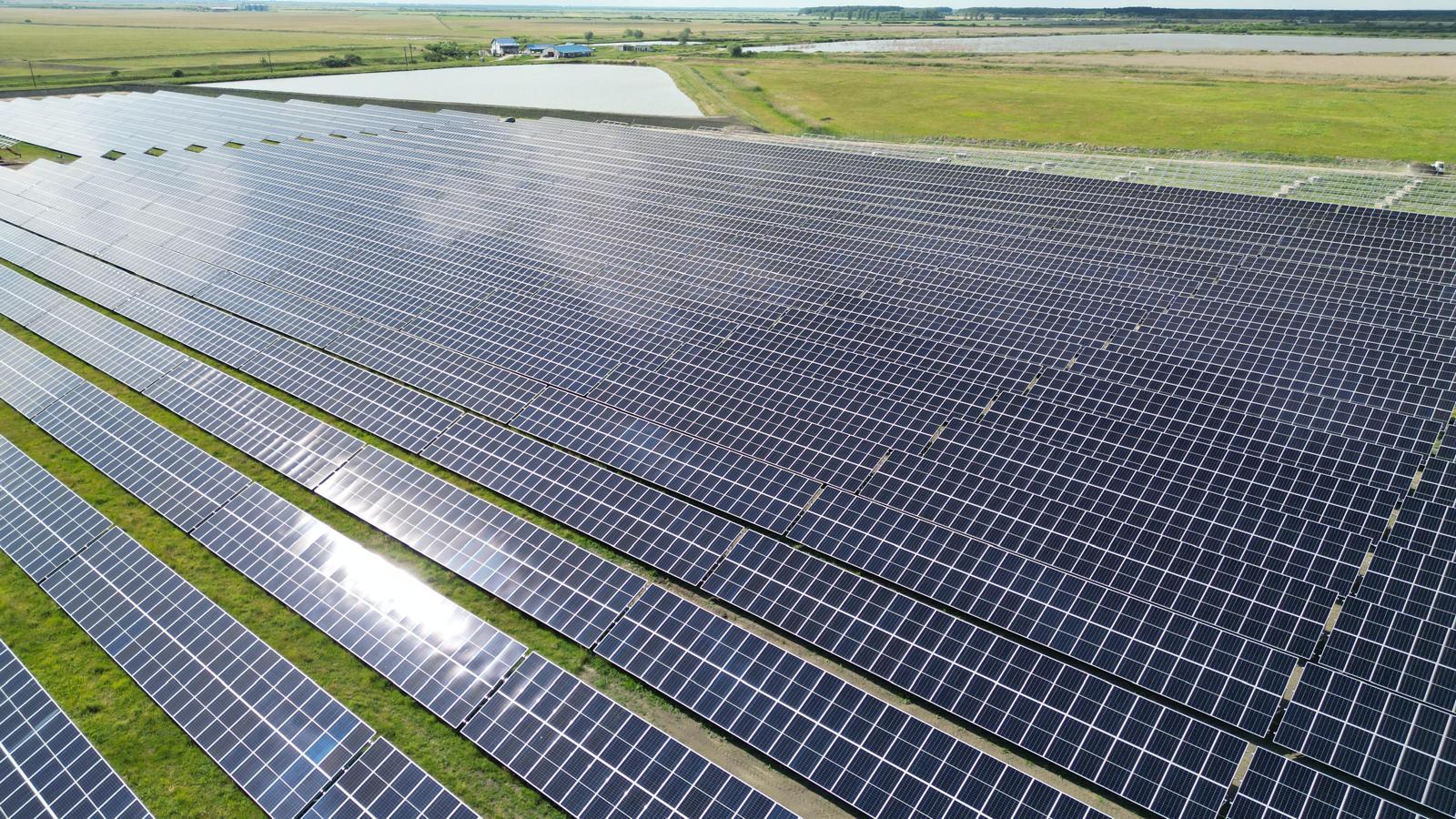WasteTracker, a groundbreaking smart meter for waste, has made a significant impact in its first year on the market, supporting over 50 buildings across Europe in registering, reporting, and reducing waste. With ambitious plans to scale its operations to serve over 500 buildings by the end of 2025, WasteTracker is at the forefront of transforming commercial real estate into a zero-waste industry. But why has waste management suddenly become so critical, and why can’t landlords afford to overlook it any longer?
For decades, property managers have monitored and reported utility consumption through metering systems for water, electricity, heat and gas. Utilities are carefully watched for cost and carbon emissions. Waste has lagged.
With the CSRD (Corporate Sustainability Reporting Directive) taking effect this year, over 50,000 companies in Europe are obligated to disclose their environmental footprint across three scopes. For the first time, scope 3 emissions, including those coming from operational waste are part of obligatory reporting.
Unfortunately, most landlords struggle to provide tenants with accurate waste data, leaving a critical gap in environmental reporting. This oversight is no longer sustainable. Waste management is now a crucial component of ESG compliance, and failure to address it can lead to severe consequences, including financial penalties and reputational damage.
Obligatory reporting under the CSRD is the primary driver for paying attention to waste, but ESG-focused landlords and tenants also want to reduce waste actively.
The real estate sector contributes 40 percent of global carbon emissions (source: UN Environment). While energy consumption is a key driver, waste management also plays a significant role. From construction debris to tenant-generated waste, improper disposal methods contribute to emissions from landfills and incinerators.
Key Statistics:
- Waste accounts for 5 percent-10 percent of global emissions (source: World Economic Forum).
- Without action, emissions from waste management are expected to grow by 2.5% annually through 2050 (source: UN Environment Programme).
- Over 60 percent of ESG-driven companies now include waste reduction among their priorities.
To achieve real impact, waste must be measured, monitored, and reduced. Without data, waste reduction efforts remain guesswork.
WasteTracker, a startup from Warsaw, Poland, was created to solve the waste data gap for ESG-conscious landlords and developers. Combining hardware for waste registration with a software platform for reporting, WasteTracker delivers real-time insights into waste production and drives meaningful reductions.
How It Works:
- Live Data Tracking: Monitors waste in real-time, categorizing it by type (e.g., recyclable, hazardous) and assigning data to specific occupiers.
- Carbon Emissions Calculations: Automatically calculates emissions from waste disposal, simplifying Scope 3 reporting.
- Tenant Engagement: Provides tenants with direct access to their waste data, encouraging collaborative efforts to reduce waste.
Don’t Wait—Act Now
Waste will become a key utility in your ESG strategy. Those who fail to track and manage waste emissions risk falling behind. WasteTracker isn’t just a tool—it’s a path to compliance, sustainability, and profitability.







